Description
My Iranian Love, by Beatrice Ure and Catherine Sigoure, based on a true story, tells the story of a French woman who falls in love with an illegal immigrant. This woman helps her Iranian love to go to England, but this action is a crime and causes her many problems.
Introducing my Iranian love novel:
Beatrice Huret is a French widow who lives a quiet life with her mother and son after her husband dies.
Like many other human beings, he is satisfied with his simple and quiet life and loves his job. On her way home, Beatrice encounters an immigrant teenager who wants to take her to a refugee camp.
Beatrice is faced with the plight of immigrants, and this situation makes her very upset. Beatrice makes a decision that night that changes her life and is an important leap in my Iranian love novel (Calais Mon Amour). Beatrice decides to volunteer there and help immigrants as much as she can.
Two years after Beatrice’s decision, she meets an Iranian man named Mukhtar in the camp. The man and a number of other asylum seekers open their mouths to protest the situation of the asylum seekers in the camp.
Beatres and Mukhtar fall in love with each other at first sight and together they create an amazing love story.
Mukhtar wants to go to England from France and Beatrice helps him because of his love for him. This French woman takes Mukhtar and her friend to her house without even knowing it was a crime. Mukhtar finally manages to reach England, but Beatrice ….
After much trouble, Beatrice Urea decides to tell others what happened to her, enlisting the help of Catherine Siguret, a well-known author.

About my Iranian love novel:
The legal details and problems of Beatrice after Mukhtar’s emigration were widely reported in the world and Iranian media, and this French woman showed that love can remove all obstacles, even sometimes, a man and a woman who have nothing in common.
Learn more about Catherine Sigoure:
Catherine Sigoure was born on November 29, 1969 in Normandy and is a well-known and prolific writer and journalist. Sigure has written nearly fifty books and is a regular contributor to the press and other media.
In a part of my Iranian love book, we read:
Circumstances caused this feeling to be stopped very soon. The asylum seekers had gathered in a place called the intelligence room, and I had never set foot there.
In that room, the rules and conditions of the camp were explained to those who had just arrived; Where they can sleep, eat and be informed of their rights. It was a strategic place to attract the attention of the news media and charities. The new asylum seekers, who at first glance seemed to be in their twenties or forties, were sitting side by side with their lips together.
I shook hands with all nine of them; Just like when we shake hands with the deceased’s family and express our condolences; I could not look them straight in the face at all. Xuan, the camp priest, was standing next to them, and since the Iranians were Muslims, I found the scene interesting.
I was so amazed by their work that I fell helplessly on the chair in front of them and stared at the front of my foot so that I would not have to look at their faces; Especially to a young boy who looked about thirty years old and I didn’t even know his name at the time.
Coincidentally, he got up to bring me a cup of tea; I thanked him in English and he replied in three words that I did not understand at all because I was not fluent in that language. He gave me the tea and returned to his place calmly and calmly; This was one of his main features.
I warmed my hands with the warmth of the cup and tried to get rid of the feeling that had come to me when I entered the room when I saw Mukhtar and return to myself;
In fact, to them and the situation they were in. Tears welled up in my eyes again. I tilted my face so they would not see my tears.
How could anyone get here? Of course, this was not a custom, and their only purpose was to protest the situation there. I had heard that they had done the same thing before in Greece and even went on a hunger strike and drank only water. What they did may not seem right to many, but we French have it in our culture: lips and mouth!
1- Introducing the book on YouTube
2- Introducing the book in Aparat

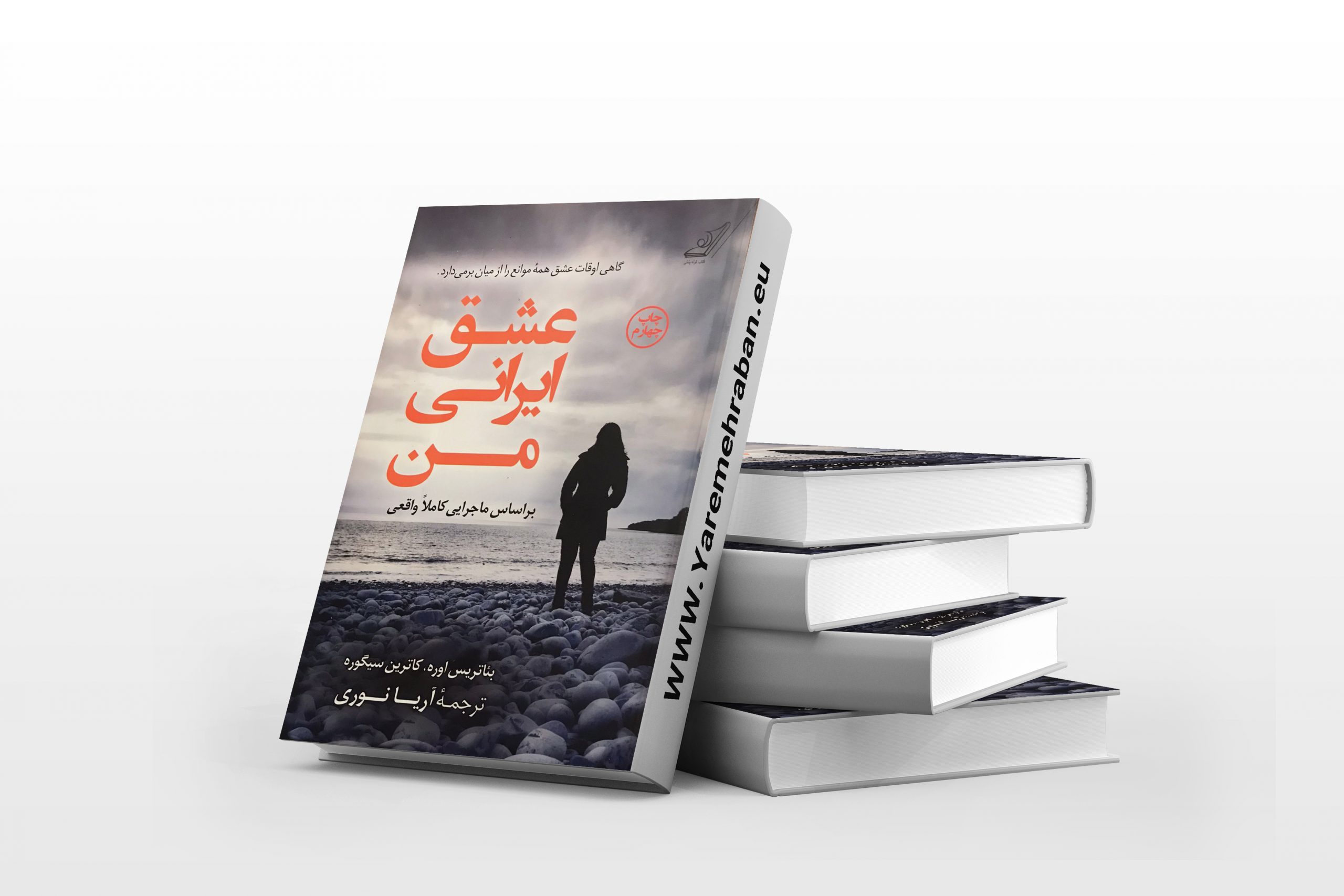
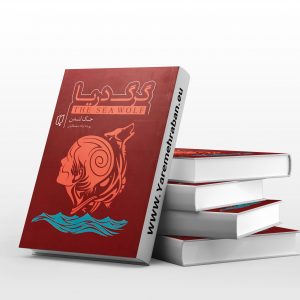
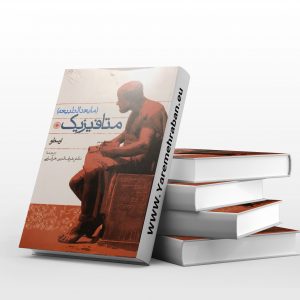

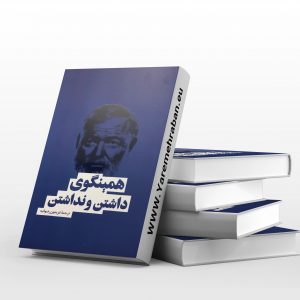


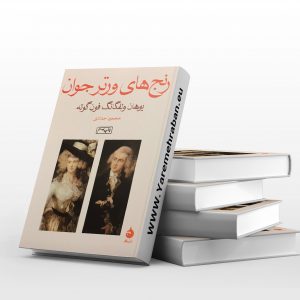
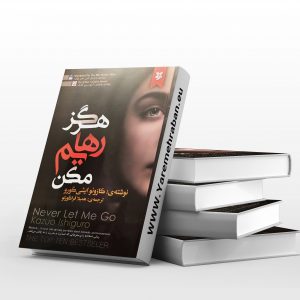
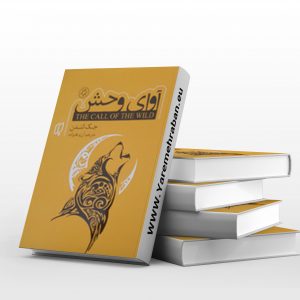
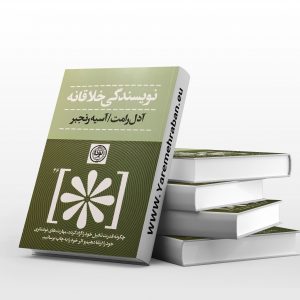

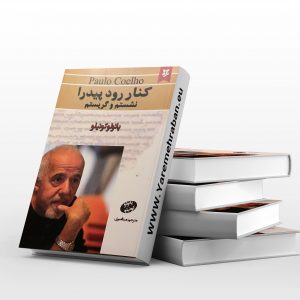
Reviews
There are no reviews yet.